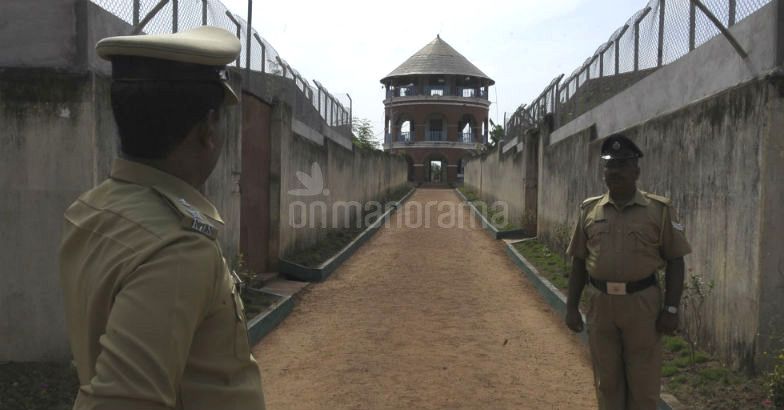Are jails meant for incarceration? Do they necessarily have to keep inmates chained to a life of inactivity inside the walls of the prison, imposing suspicion on top of crime? If this question was posed to Dr Alexander Jacob, former DGP (prisons), he would probably point towards his report on jail reforms; a document that could change the face of Kerala prisons and make them truly reformative organizations. The report apparently contains several impactful recommendations that could make both the jails and the jailed, productive.
Petrol pumps as new open jails
The most radical proposal in the report is to start 24-hour petrol pumps along National Highways, deploying jail inmates as attendants. The recommendation seeks to deploy prisoners, who pose the least risk of an escape attempt, in petrol bunks that may come up on jail land, in association with the Indian Oil Corporation. Several 'low-risk' inmates are currently housed in 'open jails', spread over hundreds of acres. The prisoners in such jails enjoy a reasonably bigger amount of freedom and are engaged in farm-related jobs and stone cutting. The proposed petrol pumps can become an extension to these open prisons. The report also states that with several skilled prisoners as inmates, more services like modern workshops and water service stations can also be set up along National Highways. The report also mandates that the prisoners must be paid a minimum daily wage of Rs 300, treating them as skilled workers.
Shopping complexes on jail premises
The report also recommends setting up revenue-generating enterprises like shopping complexes with auditoriums and spacious parking to productively deploy unused jail land along arterial roads. Here too, the jails can tap into the expertise of the inmates.
Remarkably, the indoor stadium at Kannur Central jail was constructed by the jail inmates. In the case of shopping complexes, prisoners can also be deployed to conduct daily cleaning and maintenance works as well as to supervise the parking lot.
Jail museums
Many jails in Kerala have antiques and relics dating back to the British rule. Another proposal in the report is to set up jail museums in central jails to house curated jail properties, based on their antiquity and uniqueness. The the old ‘Thookumuri’ or hanging room and manuscripts of well-known prisoners are among these. Arrangements can also be made to sell art works produced by prisoners.
Furniture units and poultry farms
There is also considerable scope for starting furniture manufacture units in our jails. Talks in this regard are already in progress with the cooperative giant, Rubco. In addition, building materials like granite and laterite can be sourced from the jails, saving the cost of constructing government housing.
Currently three Central jails and two open jails in the state have poultry farms. The Kannur Central jail needs about 10,000 kg of chicken per month to feed its inmates and meet the demand from its successful jail food counters. However, the current in-house supply leaves another 7000 kilos wanting. A better, efficient poultry farm, as suggested in the report, can save the jails from incurring massive input costs.
Bottled water at Rs 10
Another proposal is a potential 'revolution' which may fetch the jails a handsome Rs 5 crore. The Jail department may seek to repeat its profitable run when they supplied bottled water, sourced from Sidco at Rs 8.50, at Rs 10 to the Sabarimala pilgrims.
According to the report, additional revenue of Rs 10 crore can be earned if the production of items like chapathis, curries and bakery items is extended to 30 jails.
The report also recommends setting up of garment-making units styled along the one at Poojapura Central jail and beauty parlours on the lines of the Kannur Central jail, in all the district prisons. Reformative and remunerative at the same time, with ample support from the government agencies, the report can serve a trail blazer for revolutionary reforms in the jails.
Read: Latest Kerala news | Dancer Rajaram, Tara Kalyan's husband, passes away

























 Poojappura central jail
Poojappura central jail